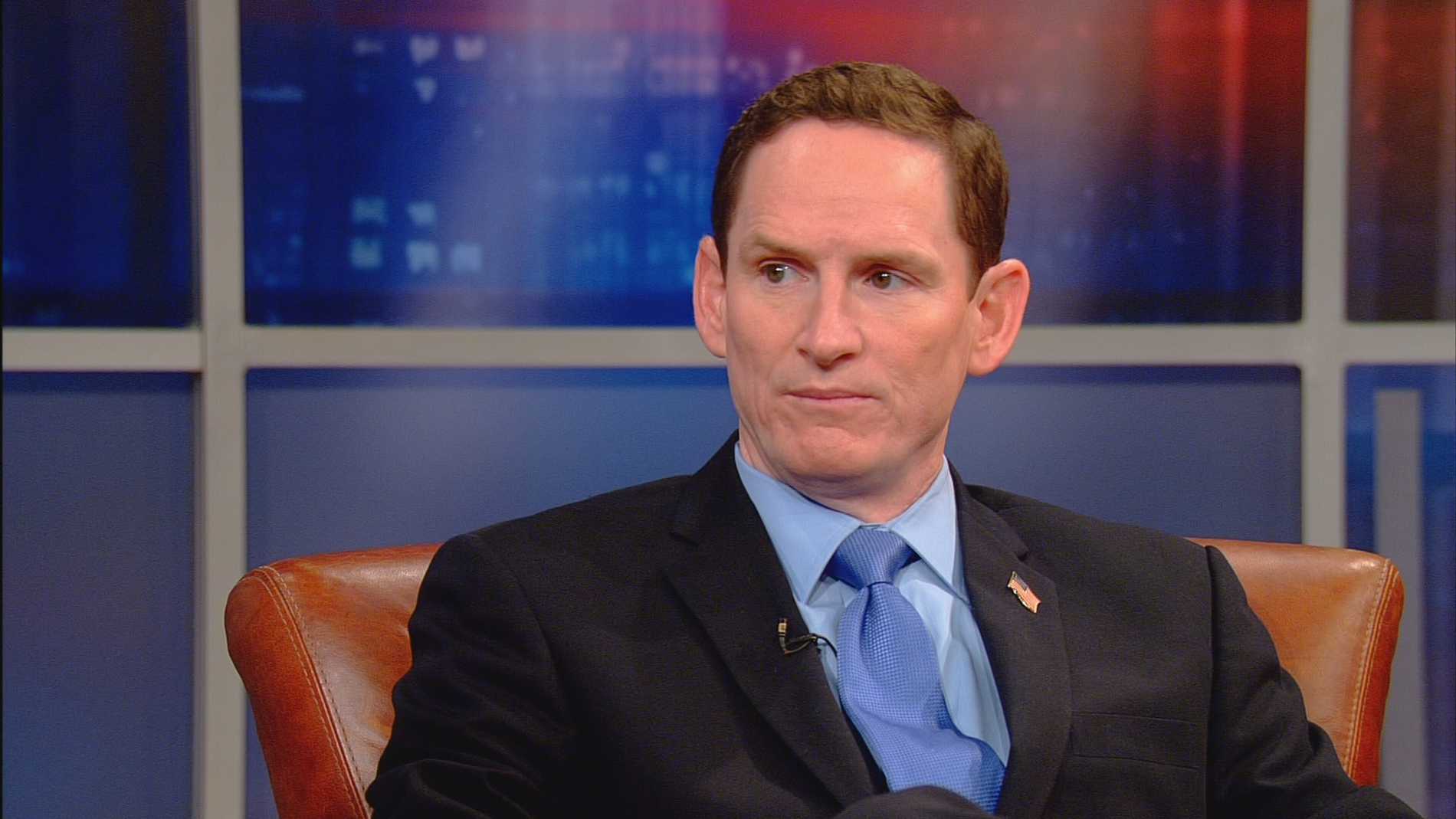Dallas County Judge Clay Jenkins talked with Daybreak's Ron Corning Monday morning to answer questions surrounding the second Ebola case in Dallas.
1. Some have questions why as a county judge you're heading efforts in the local Ebola preparations and response. (Jenkins is the head of the Commissioner's Court, which means as part of his job description, he leads in cases of emergency, which includes emergency response to anything that's a threat to public safety.)
A county judge is just a visage of the Old West. What a county judge is in a large urban area is now the chief executive officer for the government and the director of Homeland Security and emergency management.
2. Is Texas Health Presbyterian Hospital Dallas equipped to handle a second patient? Some have questioned why the nurse is being treated at the hospital if she contracted the virus at the location.
We can take the nurse to the best care in the world or we can bring the best care in the world to the nurse. Presbyterian is a great hospital. We're supplementing that with the doctor in America who has the most experience treating Ebola patients. Since this is ground zero and the only patient right now in America, we can bring in the team that we need on the ground working right now.
![Judge Clay Jenkins discusses Ebola prep, response[ID=15679968] ID=15679968](http://wfaa-download.edgesuite.net/video/15679968/15679968_Still.jpg) 3. There have been statements that the nurse may have contracted the virus through a breach of protocol, but that's not the same as blaming the nurse for doing something wrong. Is it at least possible that she did everything as directed by the hospital?
3. There have been statements that the nurse may have contracted the virus through a breach of protocol, but that's not the same as blaming the nurse for doing something wrong. Is it at least possible that she did everything as directed by the hospital?
Let me say something about this young lady. She's a hero. She dedicated her life to taking care of people like Eric Duncan. And, as a result of working hard, doing her very best, she has contracted Ebola. And she's dealing with that with grace, as are her parents. And are prayers are with her. We have to find every aspect of that breach. We have to protect every person who treated this patient. We have to make sure that this doesn't happen again and that all protocols are meticulously followed.
4. Will you address those who are very skeptical and who don't necessarily trust the science thus far on Ebola that it can only be contracted through contact with bodily fluids? There's a concern that it may be more contagious than we are aware of. How do you address that level of skepticism?
I understand it. I understand people are afraid. We discovered this disease in 1976 in Africa and the American government, the CDC, has been involved in every outbreak. The paranoia that's out there and the fear that's out there is very similar to what we saw with AIDs in the mid-1980s when people believed that if you rode in a car with someone with AIDs you could get it or if your family member had AIDs you could get it. The only people who need to worry about getting Ebola are people who've come into contact with bodily fluids of Eric Duncan.
5. People are very concerned about the patient's dog. I understand it's a King Charles Spaniel and a year old. You have said, "This dog will be the best treated dog in American history."
When I met with her parents, they said, 'This dog is important to her, judge. Don't let anything happen to the dog.' If that dog has to be The Boy in the Plastic Bubble, we're going to take good care of that dog.
Note: The CDC is currently working on a protocol for animals that may have come into contact with infected Ebola patients.
The CDC will hold a press conference at 11 a.m. today.


